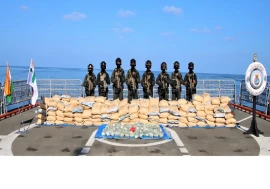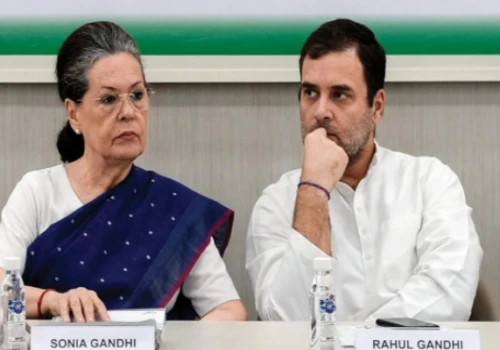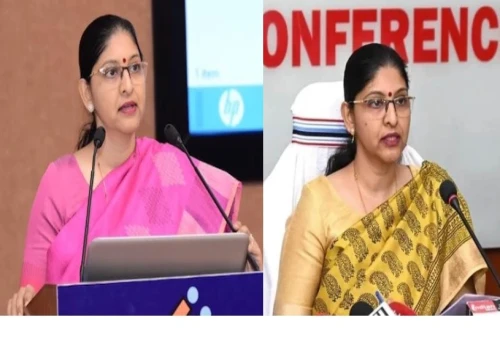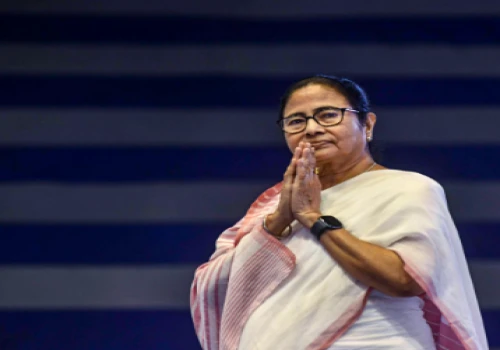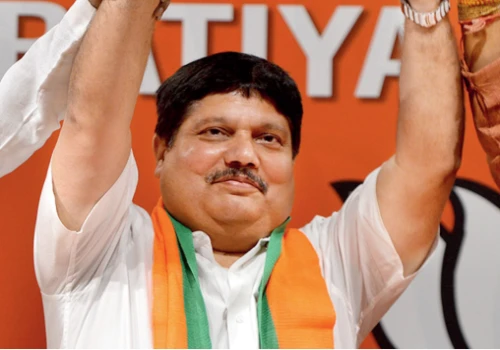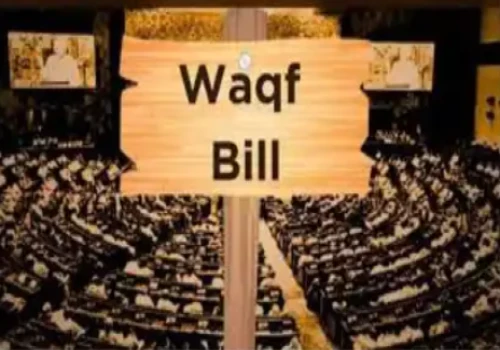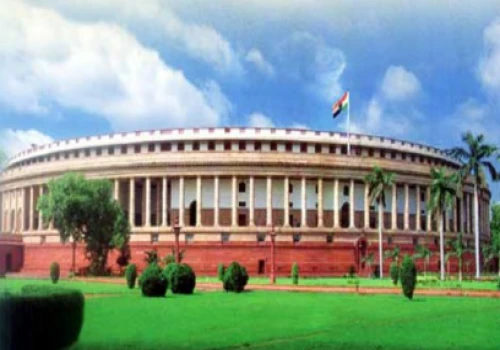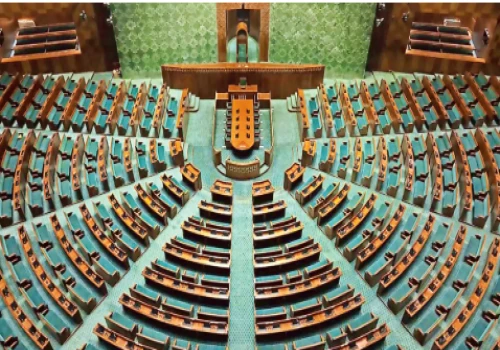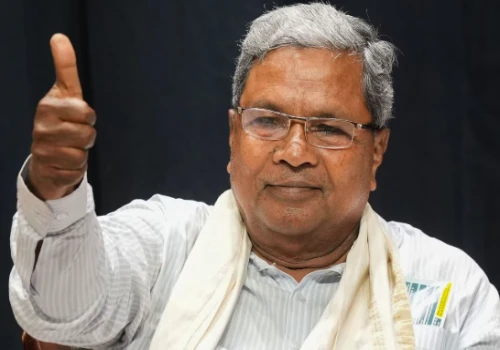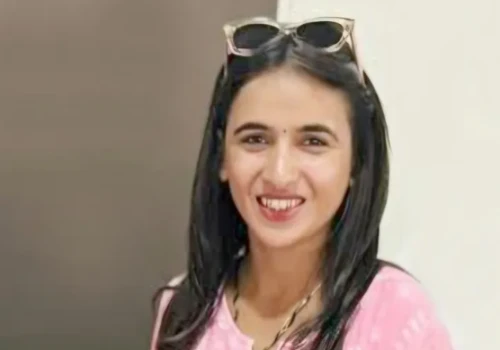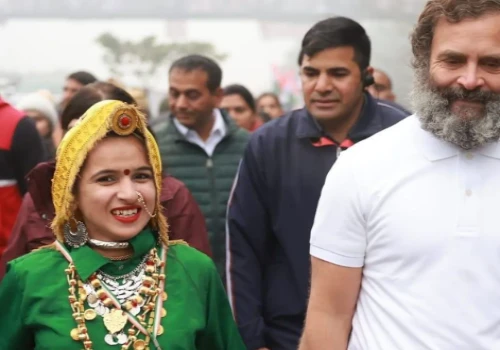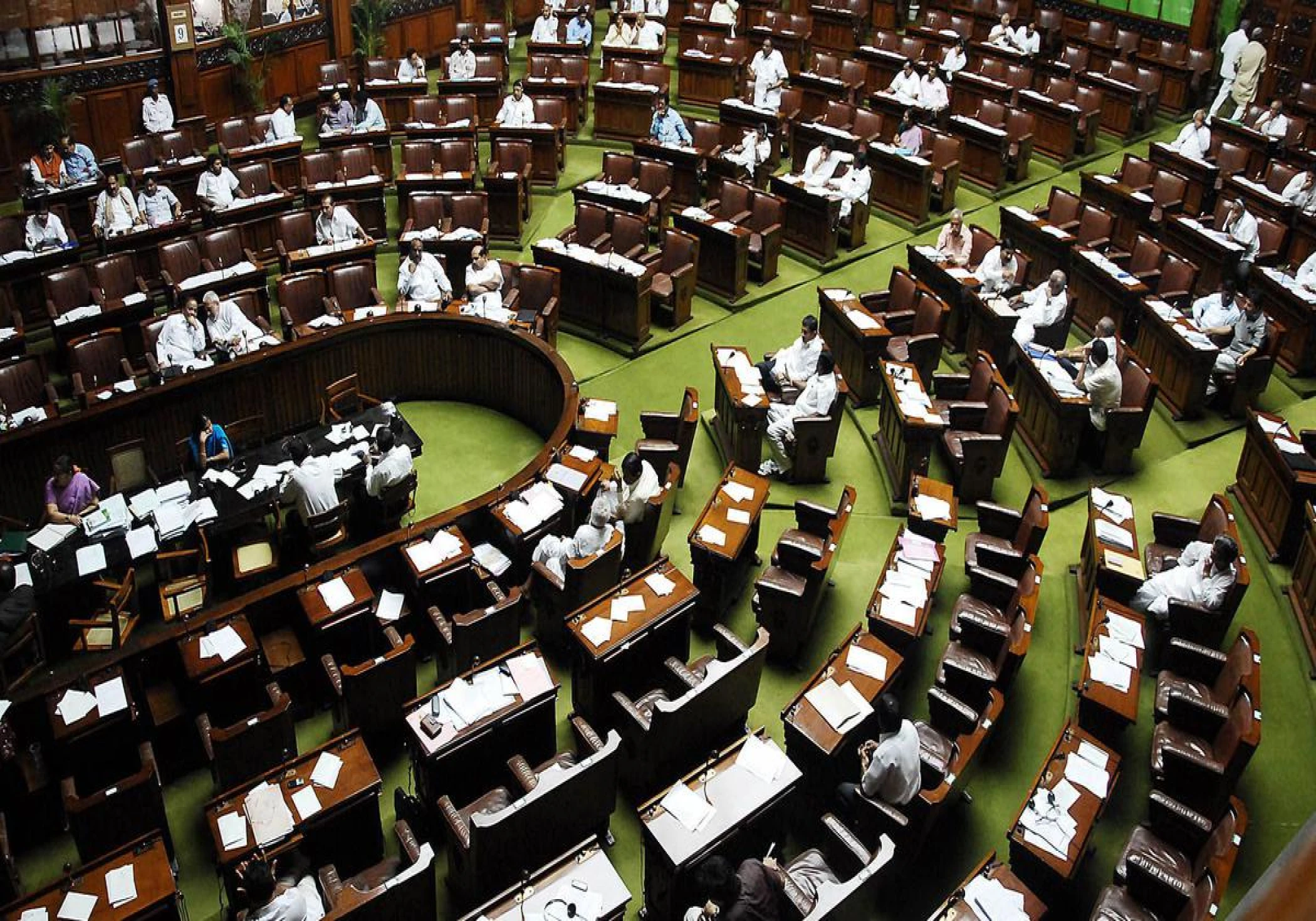
The much-anticipated "One Nation, One Election" bill, which proposes simultaneous elections for the Lok Sabha and state assemblies, is set to be introduced in the Lok Sabha today. This significant legislative move aims to streamline the electoral process and reduce the frequency of elections across the country. "A joint committee of the two Houses could be assigned with reviewing the Constitution (One Hundred and Twenty-Ninth Amendment) Bill, 2024."
Union Law Minister Arjun Ram Meghwal would present the "one nation, one election" bill under the Lok Sabha agenda. He could then ask Speaker Om Birla to send the bill to a Joint Committee of Parliament to discuss it more widely.
According to a draft of the bill released on the evening of December 13, midterm elections will only be scheduled to allow the legislature to finish the remaining five years of its tenure if the Lok Sabha or any state assembly is dissolved before the completion of its entire term. The bill proposes changing Articles 83 (duration of Houses of Parliament), 172, and 327 (authority of Parliament to make laws concerning elections to Legislatures) and adding Article 82(A) (simultaneous elections to the House of the People and all Legislative Assemblies).
The bill states that simultaneous elections will start in 2034 and that the "designated date" will take place following the subsequent Lok Sabha elections in 2029. It states that the House of the People (Lok Sabha) will serve for five years following its appointment, and that any legislative assemblies elected after that date will serve for the same amount of time as the Lok Sabha. Additionally, it states that the new House or Assembly will serve the remaining portion of the previous term if the House of People or a Legislative Assembly is dissolved before the end of its entire term.
The "One Nation, One Election" bill could be a game-changing reform for Indian democracy, but it also raises crucial questions about its implementation and impact. As the nation awaits parliamentary discussions, the proposal has already ignited a national dialogue on the future of India's electoral process.

